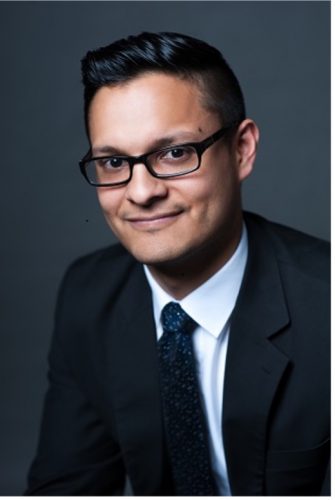
The Social Consequences of Redistricting for Urban Communities
Robert Vargas is an associate professor of Sociology at the University of Chicago interested in research on cities, law, and race, especially through a spatial lens. His writing and teaching focus on identifying and describing the forces shaping the conditions of communities. His multi-award-winning book Wounded City: Violent Turf Wars in a Chicago Barrio brought a political analysis to the study of urban violence by showing how ward redistricting shapes block-level violence in the Little Village neighborhood of Chicago. He has also published in a variety of journals such as Criminology, Social Science and Medicine, Sociology of Race and Ethnicity, and the Journal of Ethnic and Migration Studies.
Abstract: Redistricting constitutes one of the most important and contentious subjects concerning U.S. democracy. This talk summarizes several collaborative projects that aim to extend the study of redistricting beyond a focus on partisan gerrymandering and toward spatial inequality. With digitized maps of city council political districts in the cities of Chicago, St. Louis, and Milwaukee from their founding in the 19th century to the present, we employed a unique spatial-temporal method that we call “spatial sequencing” to identify trends in the movement of districts over urban space. Our analysis has generated three major findings: 1) neighborhoods in each city that have districts that have not changed for over 100 years, 2) the use of redistricting as a form of intraparty social control, and 3) redistricting effects on neighborhood and block-level rates of violent crime, 311 service requests, and citizen complaints against police officers. Overall, findings suggest potentially fruitful new directions for research on urban inequality, as well as debates over redistricting reform.

